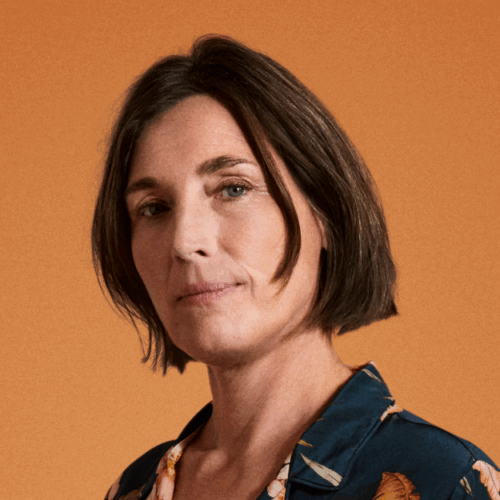Merryn Somerset Webb is a hugely popular speaker and acclaimed commentator on economics, financial markets and personal finance. In November 2022, she became a Senior Columnist at Bloomberg Opinion where writes a weekly column on personal finance and investment. Her award winning podcast ‘Merryn talks Money’ explores how markets work – and how you can make them work for you.
Merryn is among the most well-respected and prominent voices in financial journalism, having won multiple awards including Personal Finance Journalist of year in 2018, and Finance Commentator of the Year in 2019. Previously, she was the founder and Editor in chief of Moneyweek, the best selling financial magazine in the UK, and a contributing editor at the Financial Times.
Her most recent book, which focuses on how shareholders can leverage their influence for good, was published in 2022. It is called “Share Power -How ordinary people can change the way capitalism works, and make money too“(Short Books). She brings readers into the world of corporate capitalism – from the privatisation of state-owned companies in the 80s to the financial crash of 2008 and the growth of the modern multinational – she shows how capitalism went wrong and how, with six simple recommendations, every one of us now has the power to make it work for us.
Merryn is also the author of a sharp and witty women’s guide to personal finance: “Love is Not Enough: The Smart Woman’s Guide to Making (and Keeping) Money” (2007). In 2020, she was co-presenter of Channel 4’s personal finance series ‘Superscrimpers’.
Merryn is a non-executive director of four investment trusts, Murray Income, Baillie Gifford Shin Nippon, and Blackrock Throgmorton, and of wealth management firm Netwealth. She is a non-executive adviser to the investment committee of UK platform Interactive Investor.
Merryn was a senior scholar at Gonville and Caius College, Cambridge, where she gained a first class degree in History and Economics. She then became a Daiwa scholar and spent a year studying Japanese at London University.


